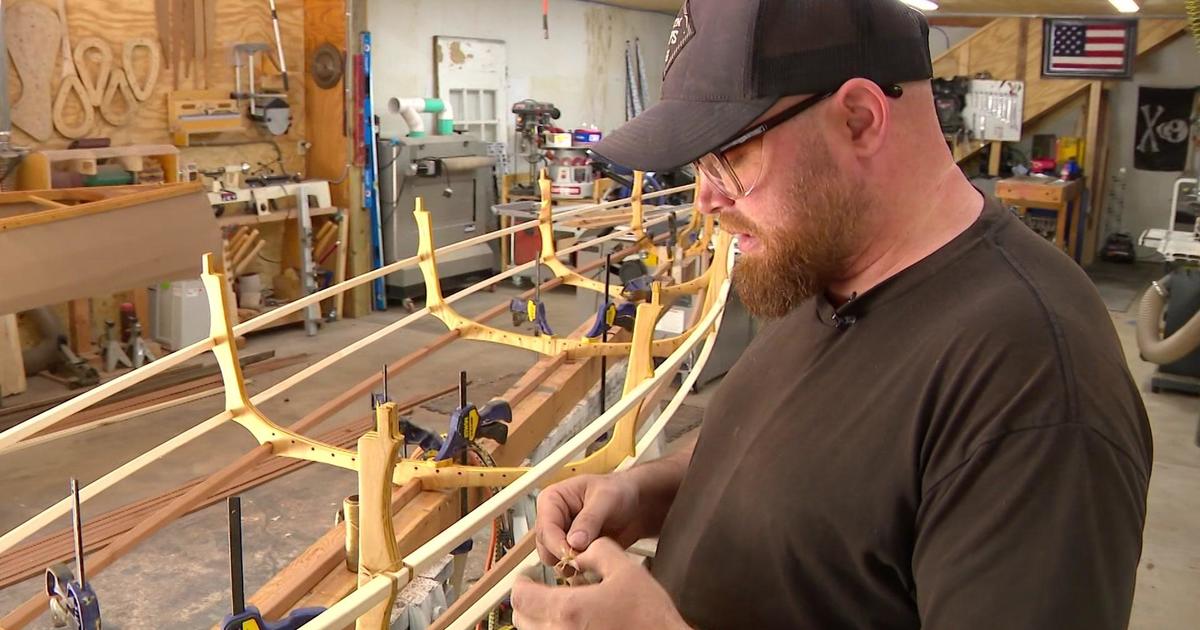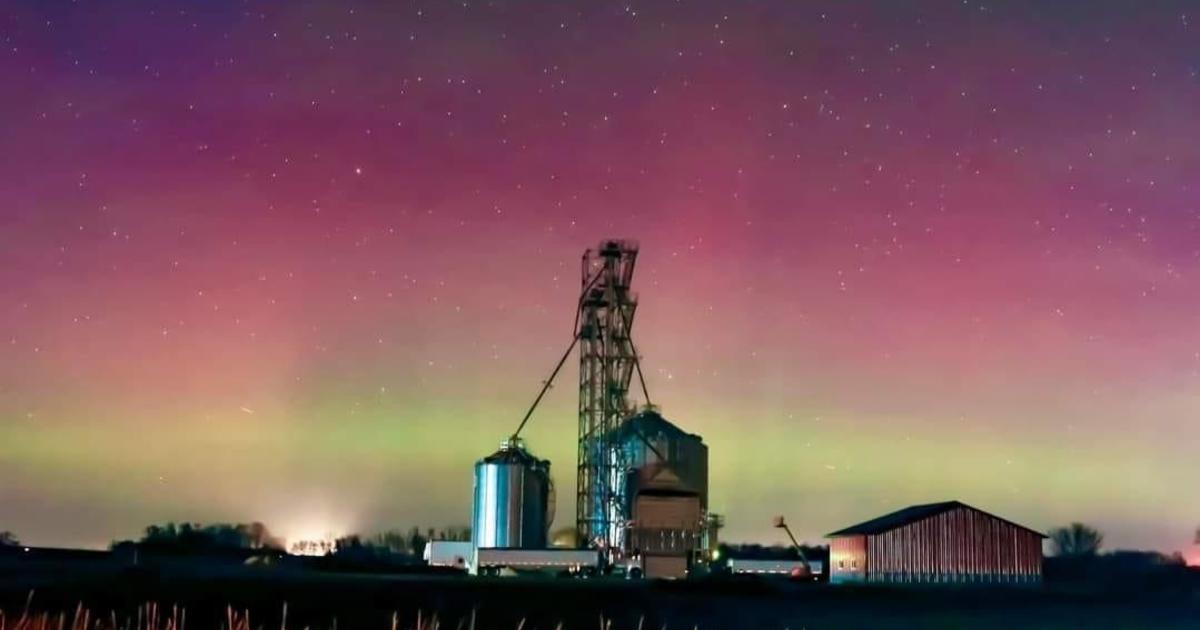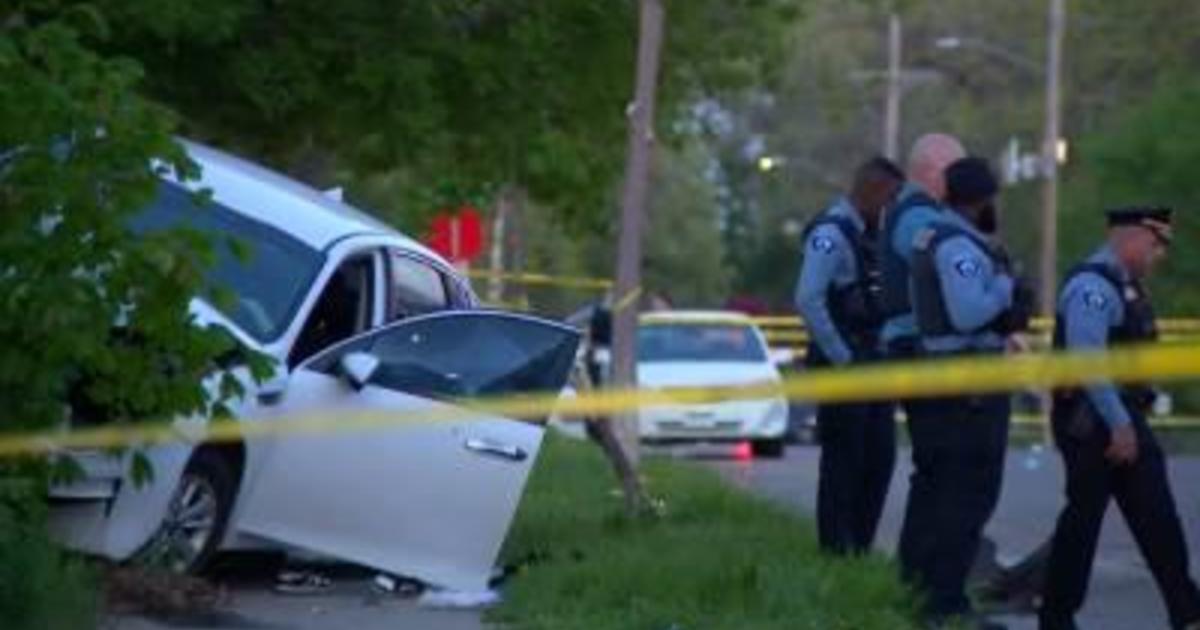'I Was Shocked': UW-Eau Claire Researchers Discover Microplastics In BWCA
MINNEAPOLIS (WCCO) -- The purity of a seemingly pristine part of the world draws many of us to the Boundary Waters Canoe Area Wilderness.
"I was shocked that we would even find anything up there," explained UW-Eau Claire microbiology student, Megan Vaillancourt.
But sadly, the one-million acre gem of woods and water is just another example of the pervasiveness of plastic.
"Yes, we definitely leave behind fibers of all kinds, unintentionally from our tarps, tents, gear, everything," added Vaillancourt.
Vaillancourt is among a handful of students with the University of Wisconsin-Eau Claire who are discovering microscopic plastic fibers in the BWCA's soil, water, even earthworms.
"Eighty pieces of plastic in one worm, wow, that's a lot," exclaimed biology professor, Todd Wellnitz.
Last summer, Professor Todd Wellnitz and his students took soil samples around campsites and portages. His students also found plastic fibers deep in the water column of Lakes One, Two and Three, as well as Insula, Hudson, Cache and Drag lakes.
"I expected to find some plastics," explained UWEC junior, Reed Kostelny.
But the amount of microplastics in the water, was far greater than Kostelny ever expected.
"And we ended up coming up with the number of 21 plastics per liter, which is higher than I expected personally," Kostelny added.
What's particularly disturbing is that it's more than just trace amounts of plastic fibers. In one single earthworm, researchers identified more than 80 microplastic bits.
While the potential harm is uncertain, this much isn't -- plastics are working up the BWCA's food chain.
"We can't help it. Just by being there, our presence, our clothing and the things we wear, we are leaving traces," added Professor Wellnitz.
More research is needed to determine the distributions and concentrations throughout the wilderness. Once that is determined the research will hopefully identify the likely sources of plastic contamination.
"The message is (the BWCA) isn't free of these impacts. We are making things, we are doing things to those areas," said Wellnitz.
And ultimately, what effect the microscopic plastic fibers will have on this treasured paddler's paradise.
Click here to watch UW-Eau Claire's video of the entire research trip from last summer.



